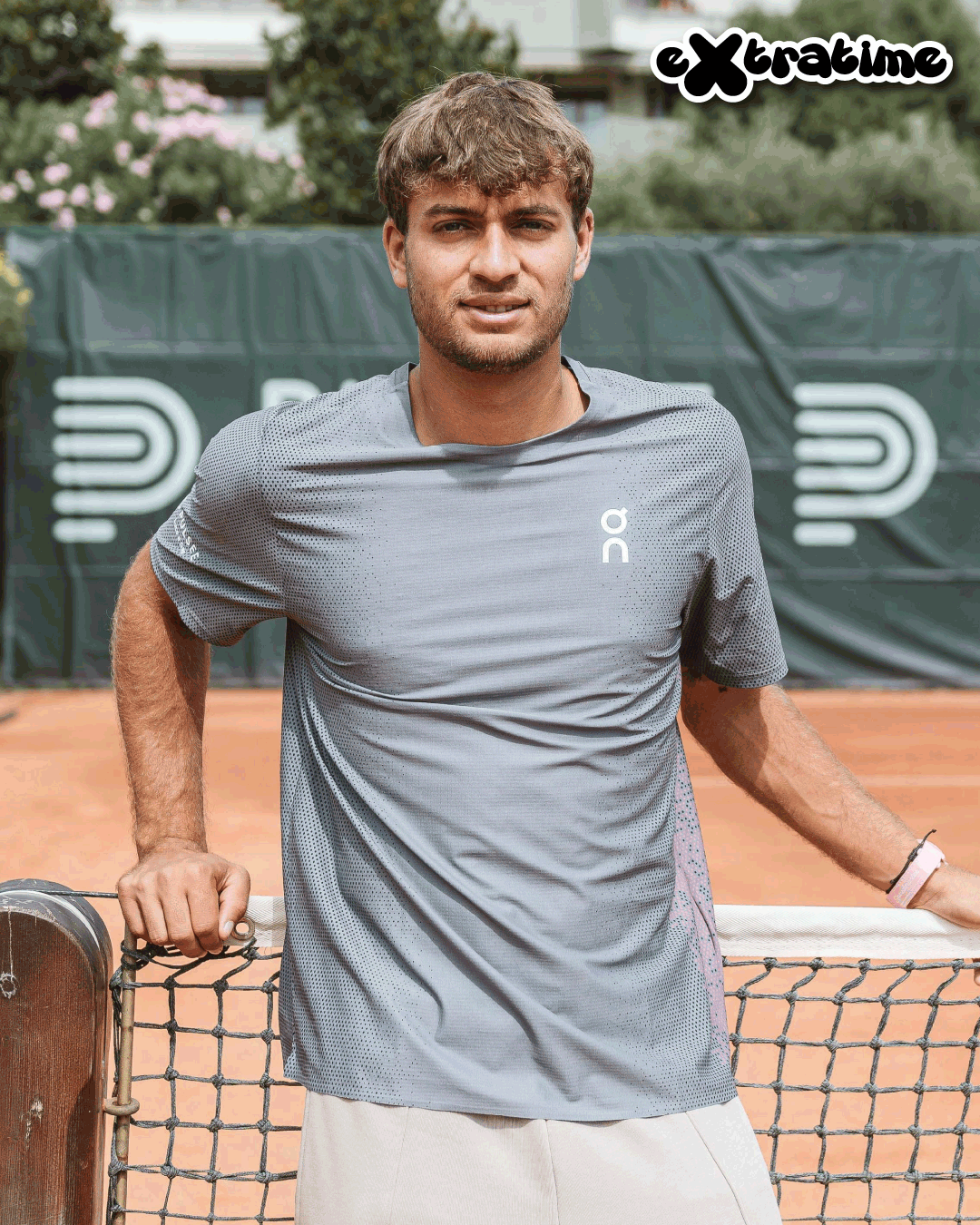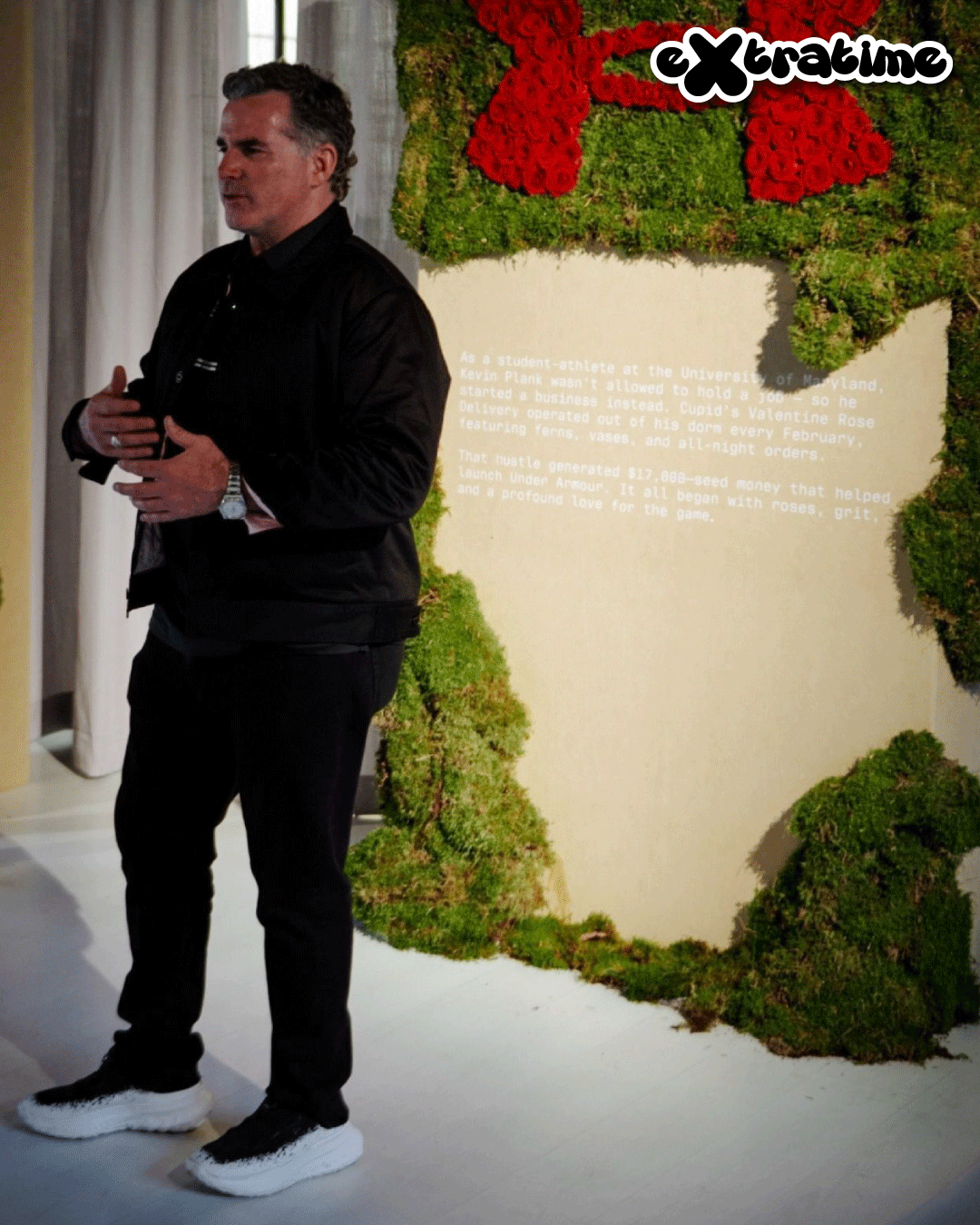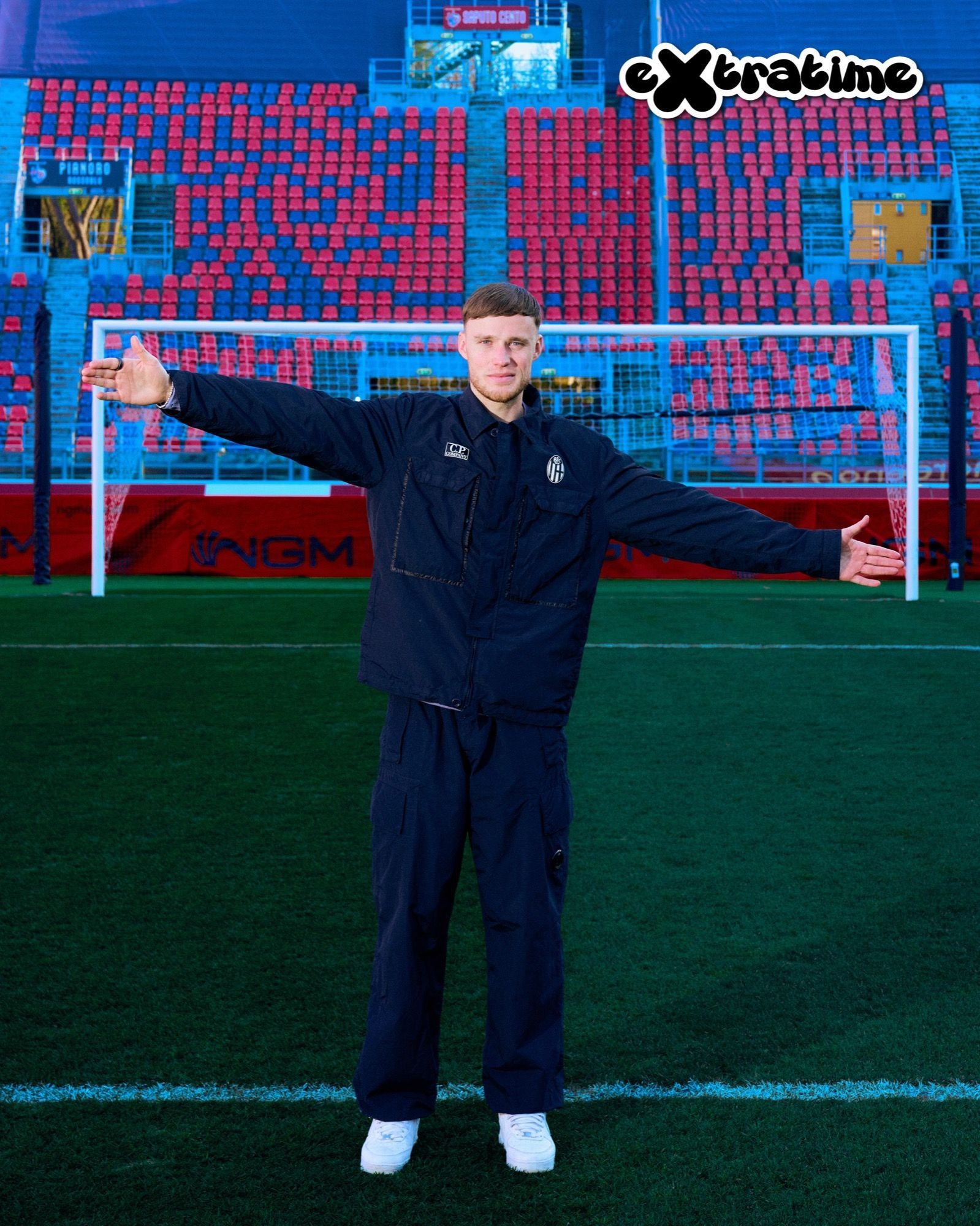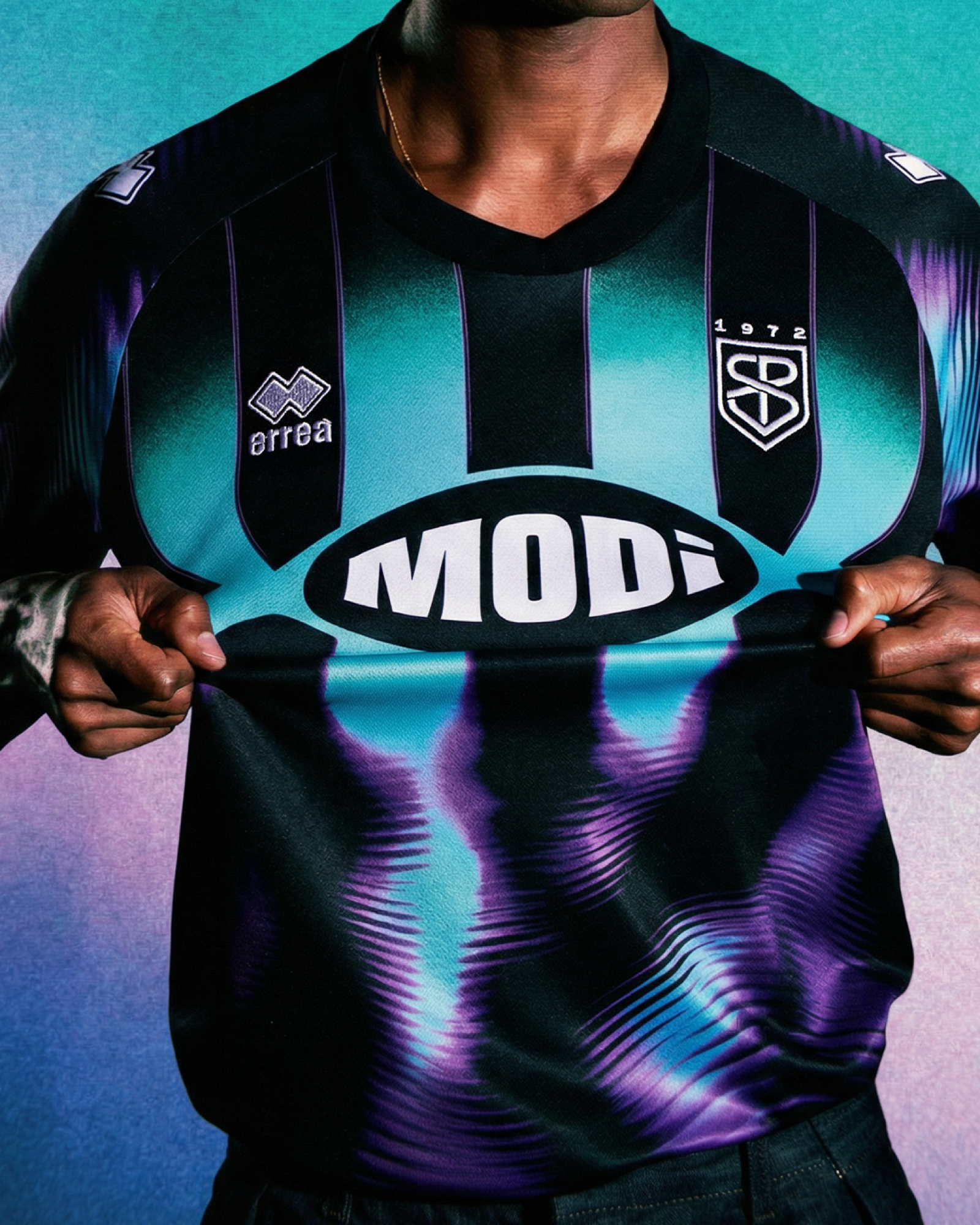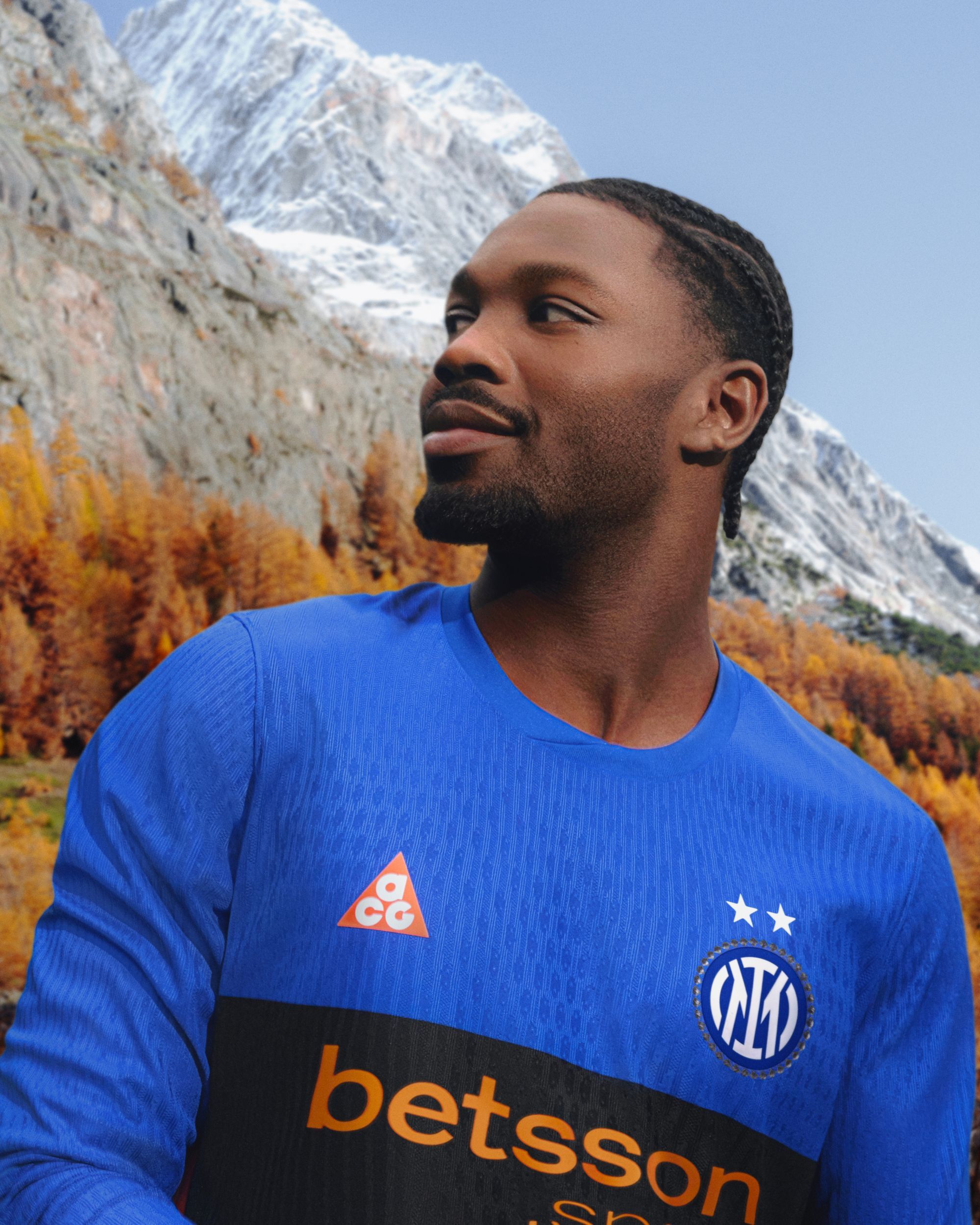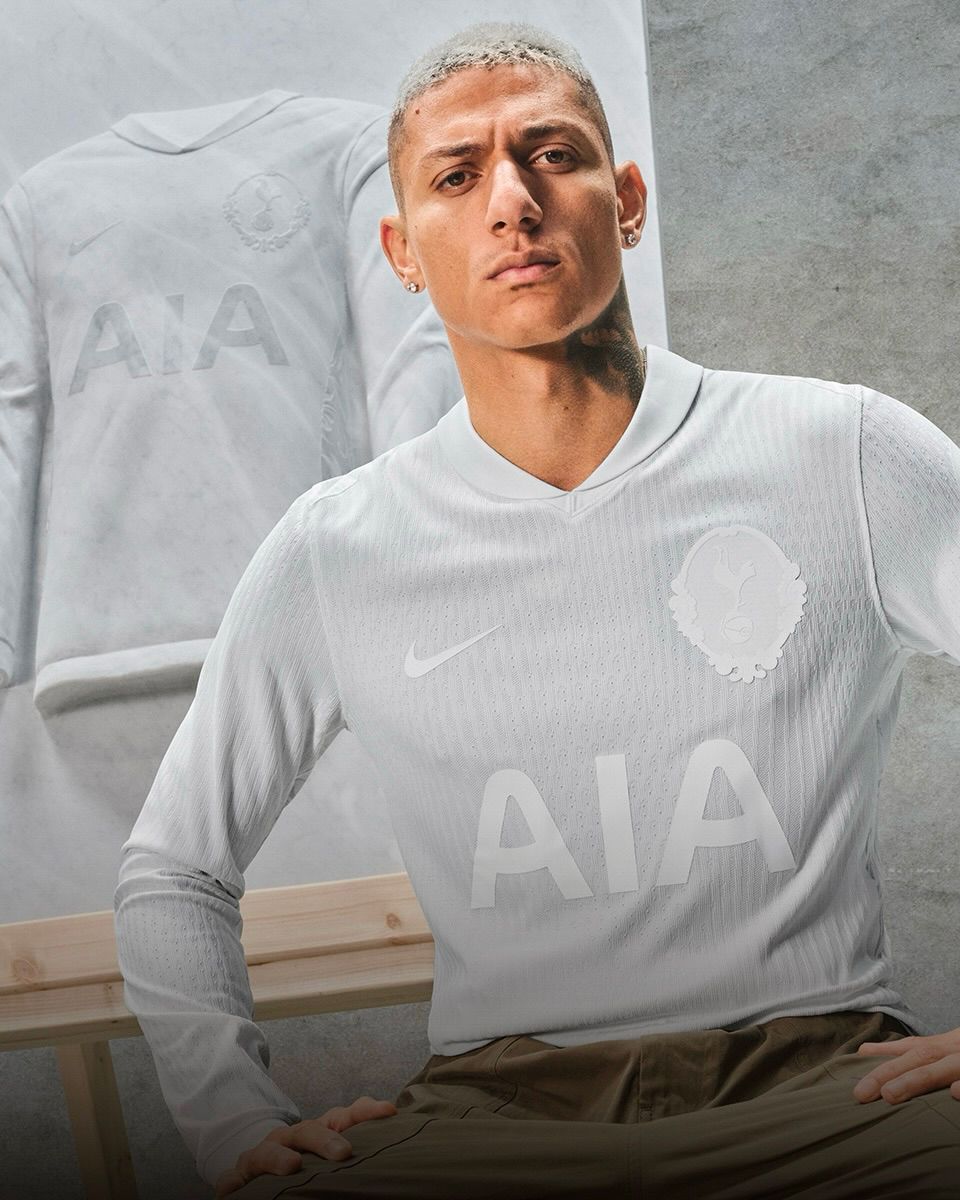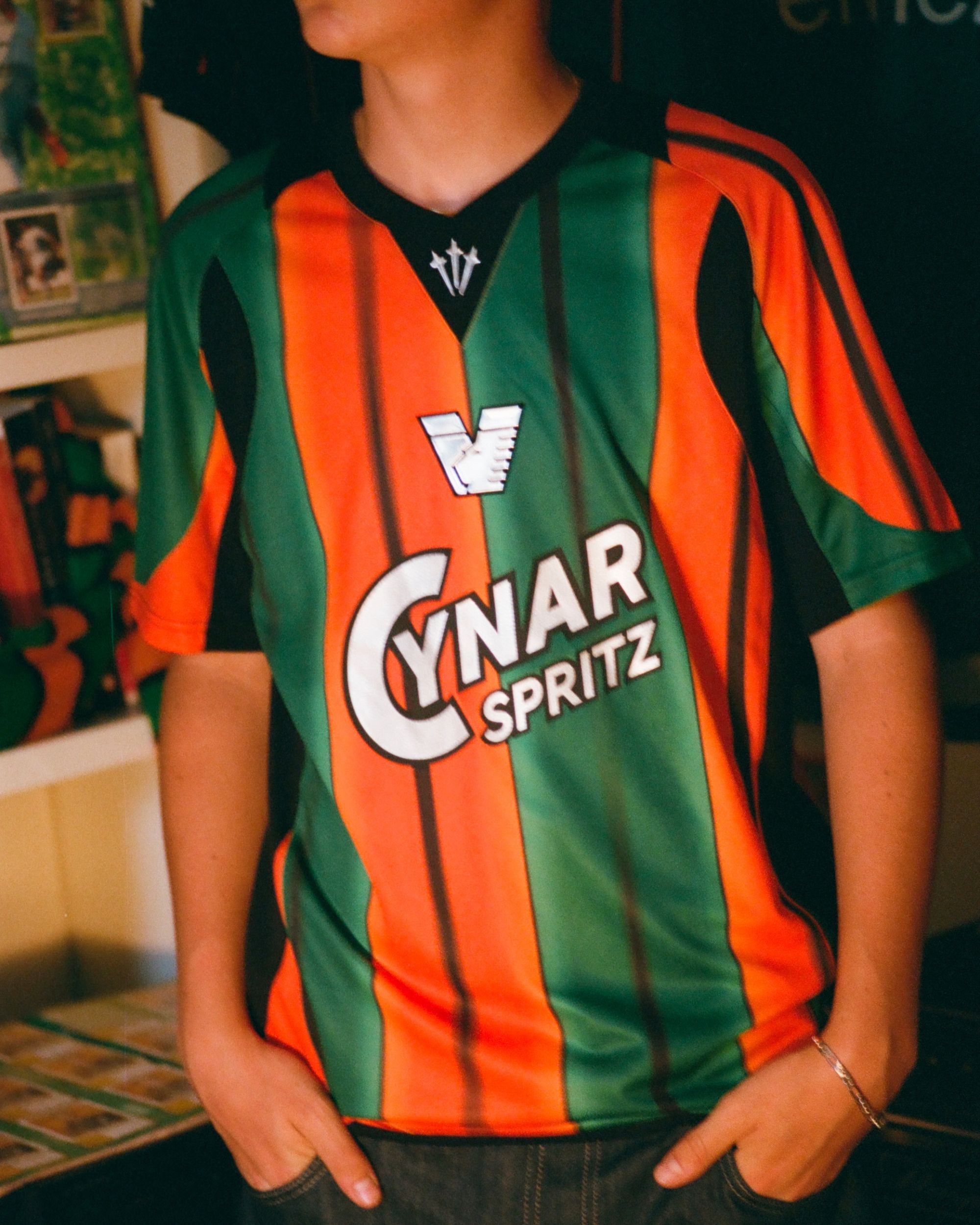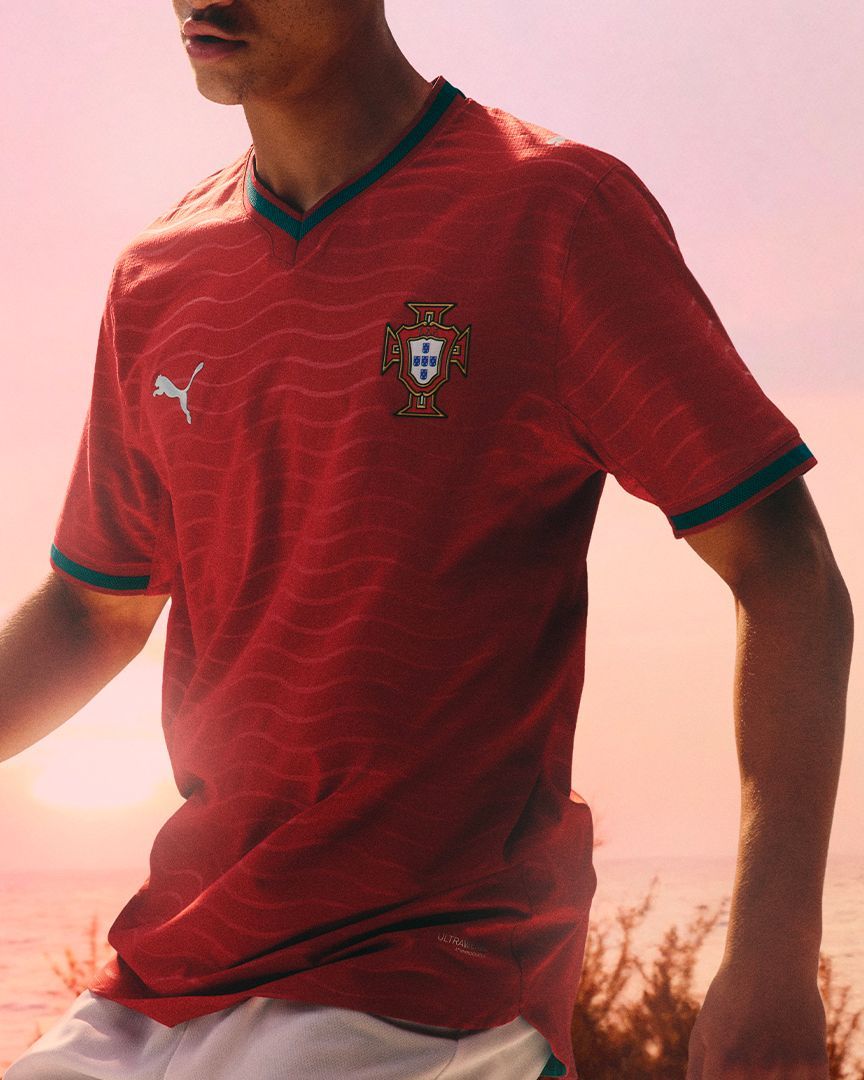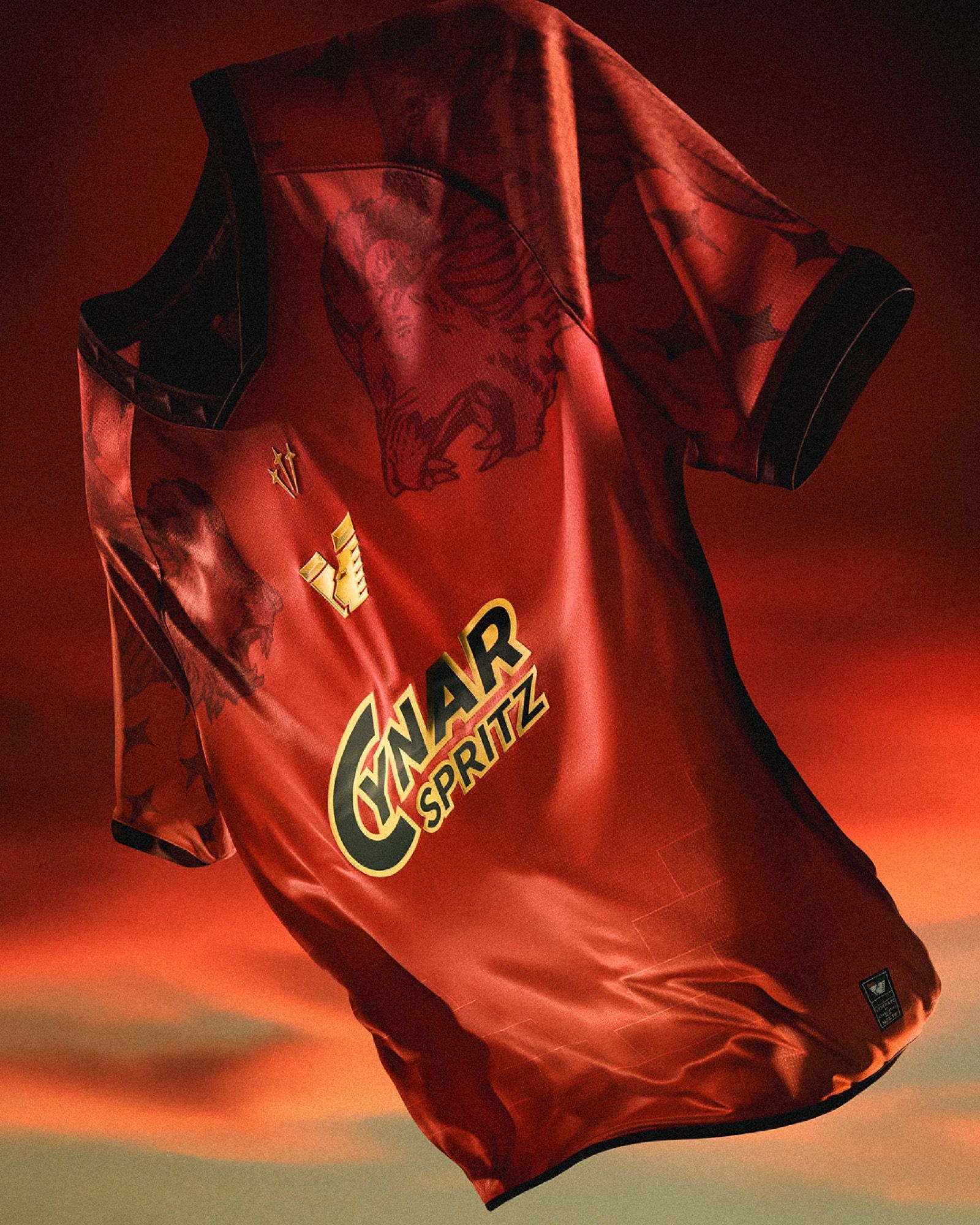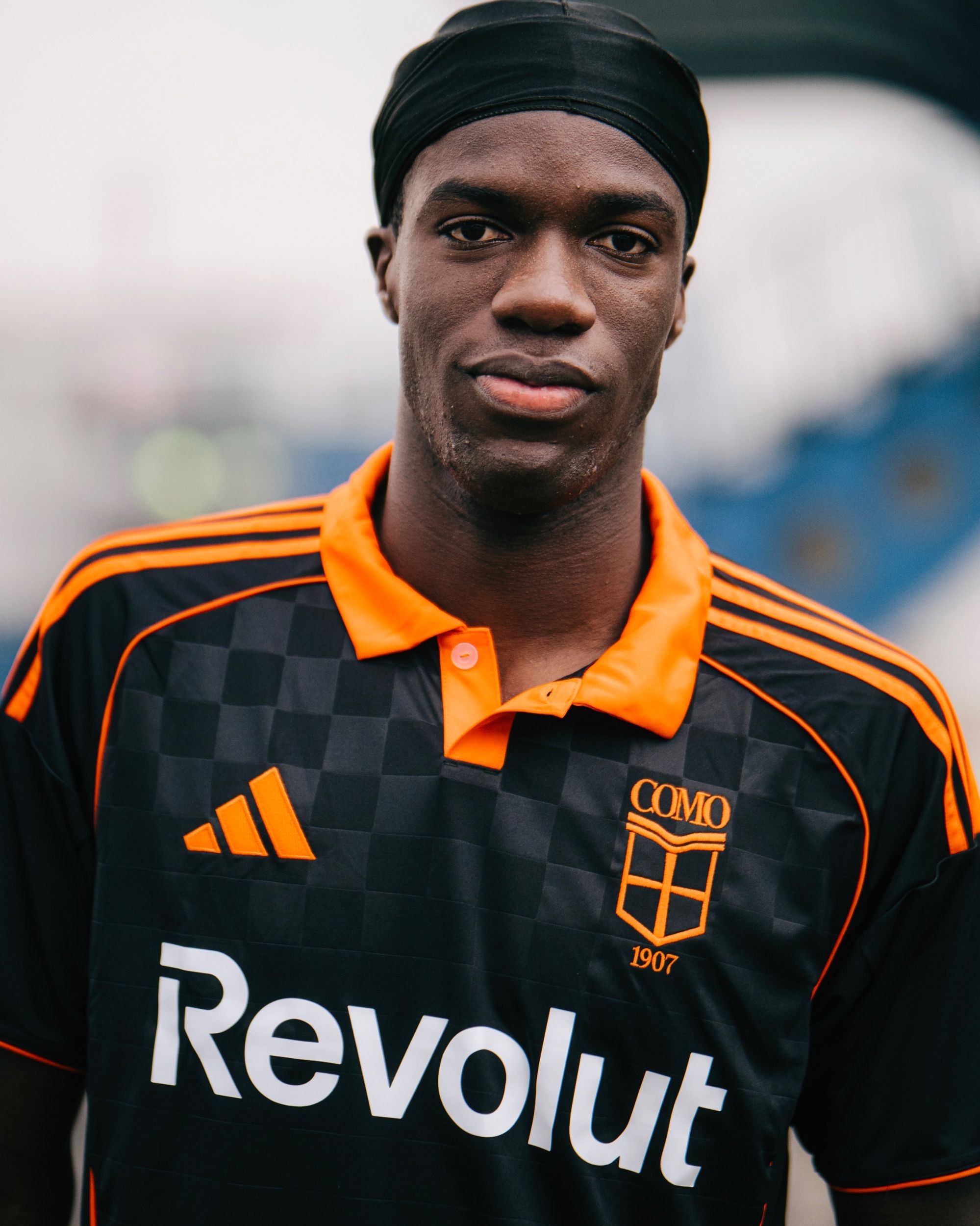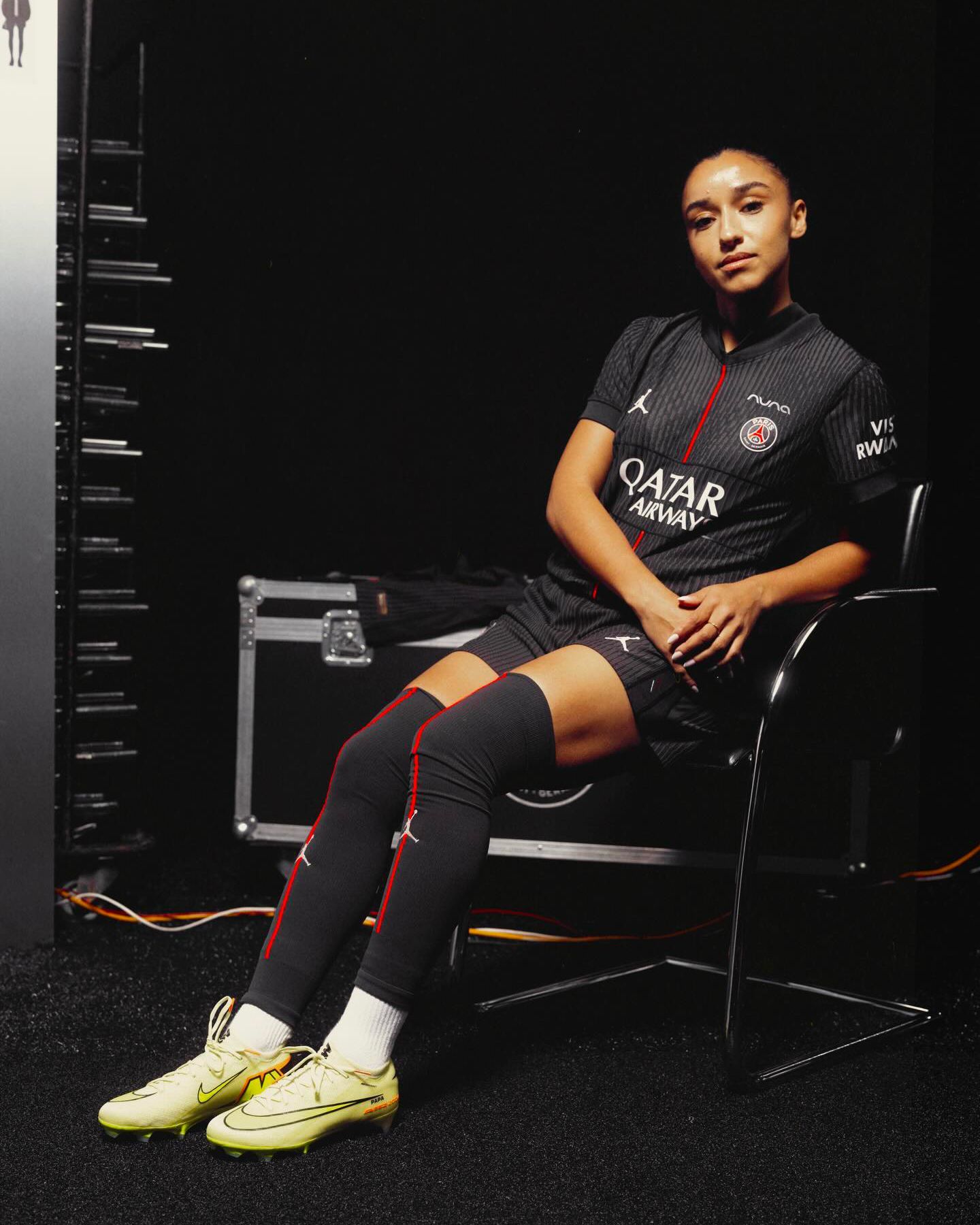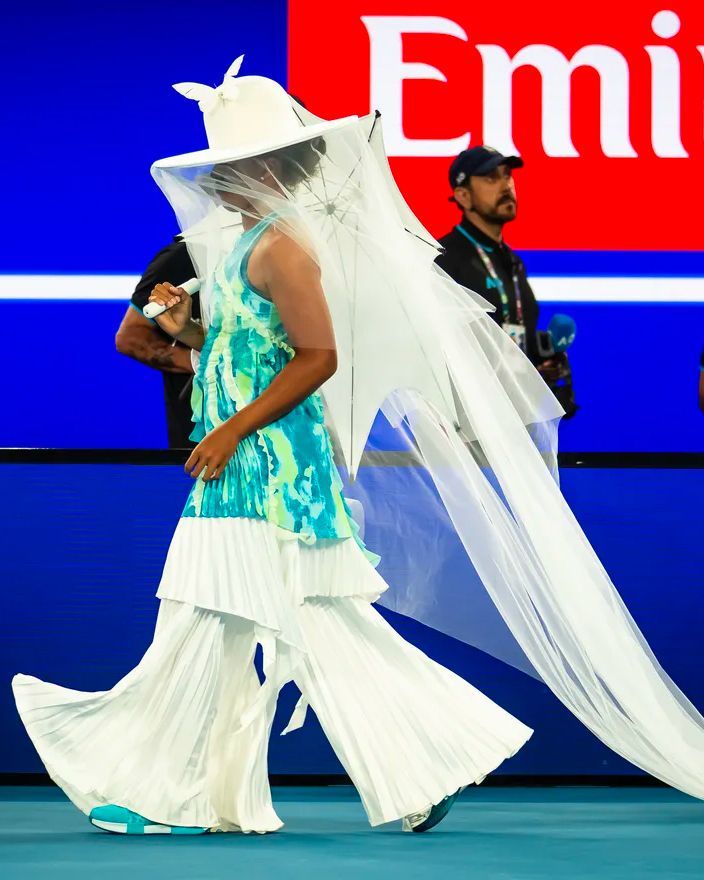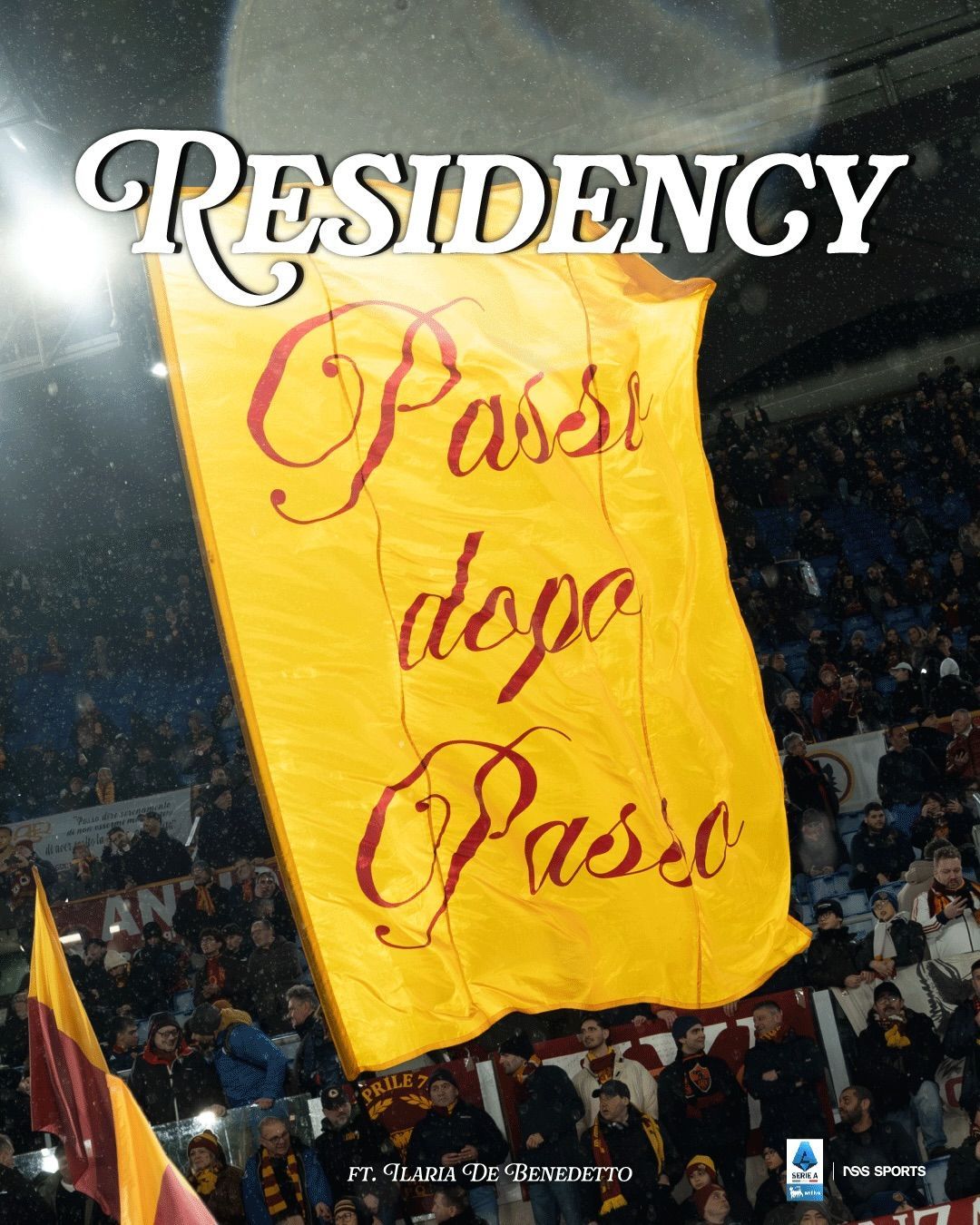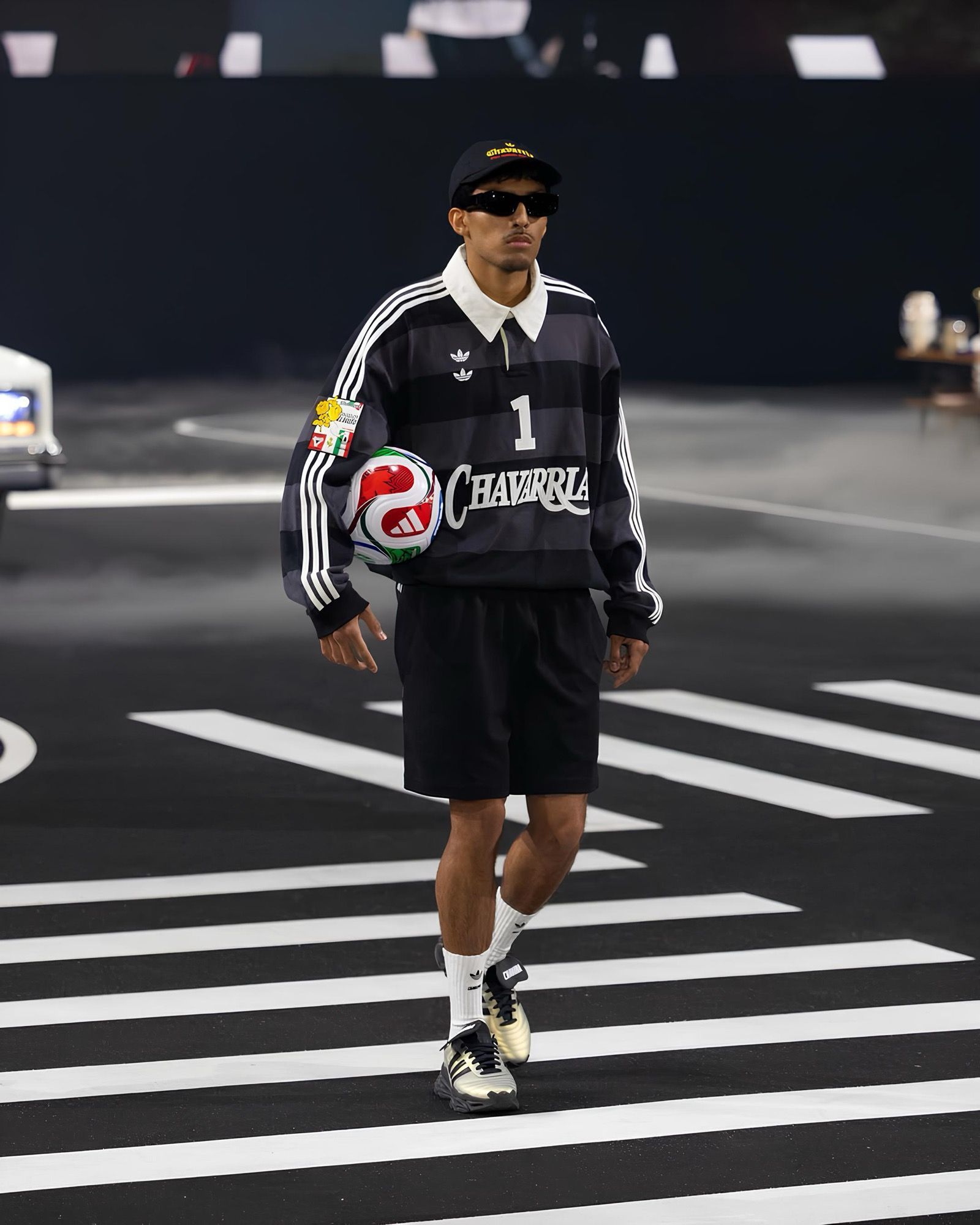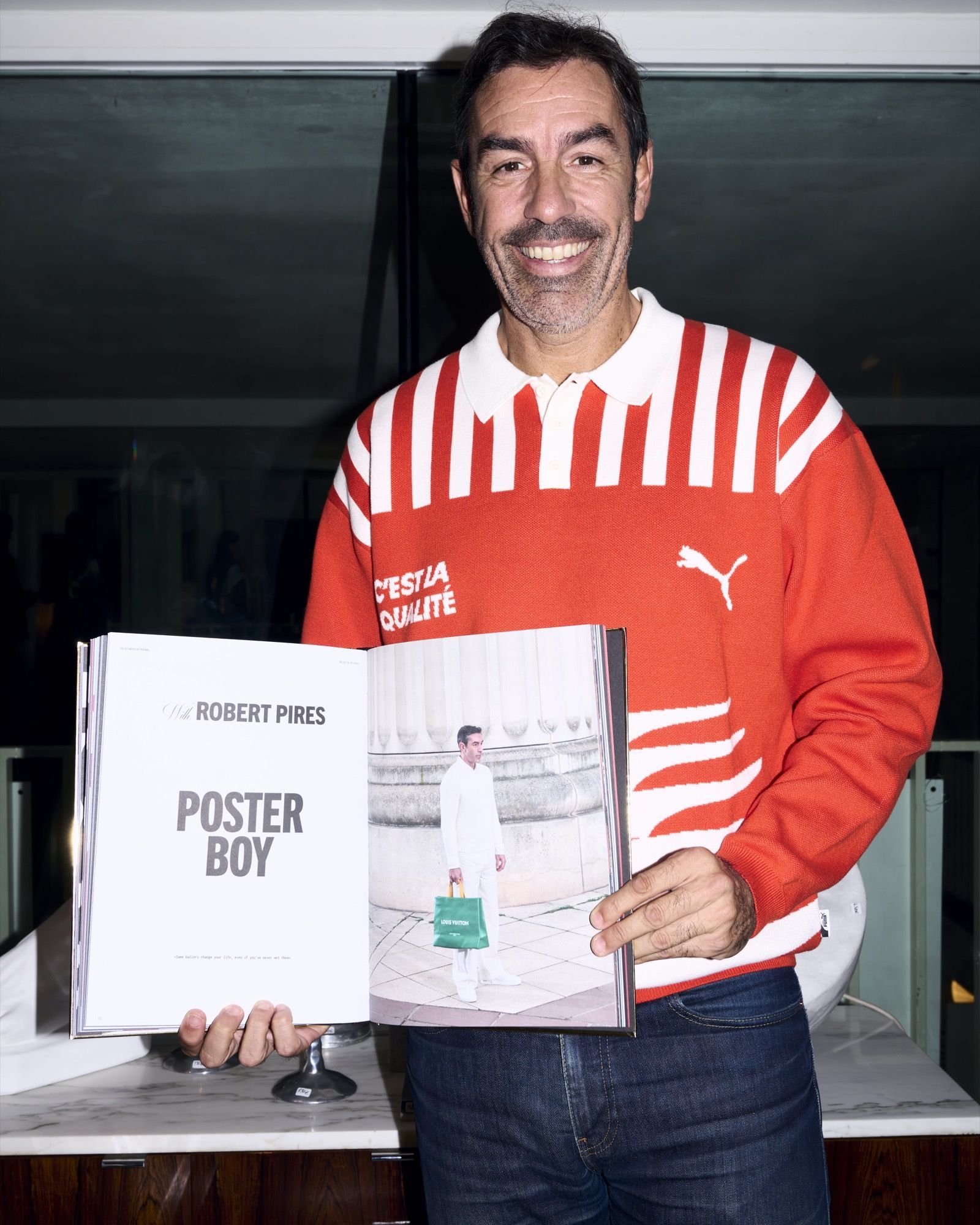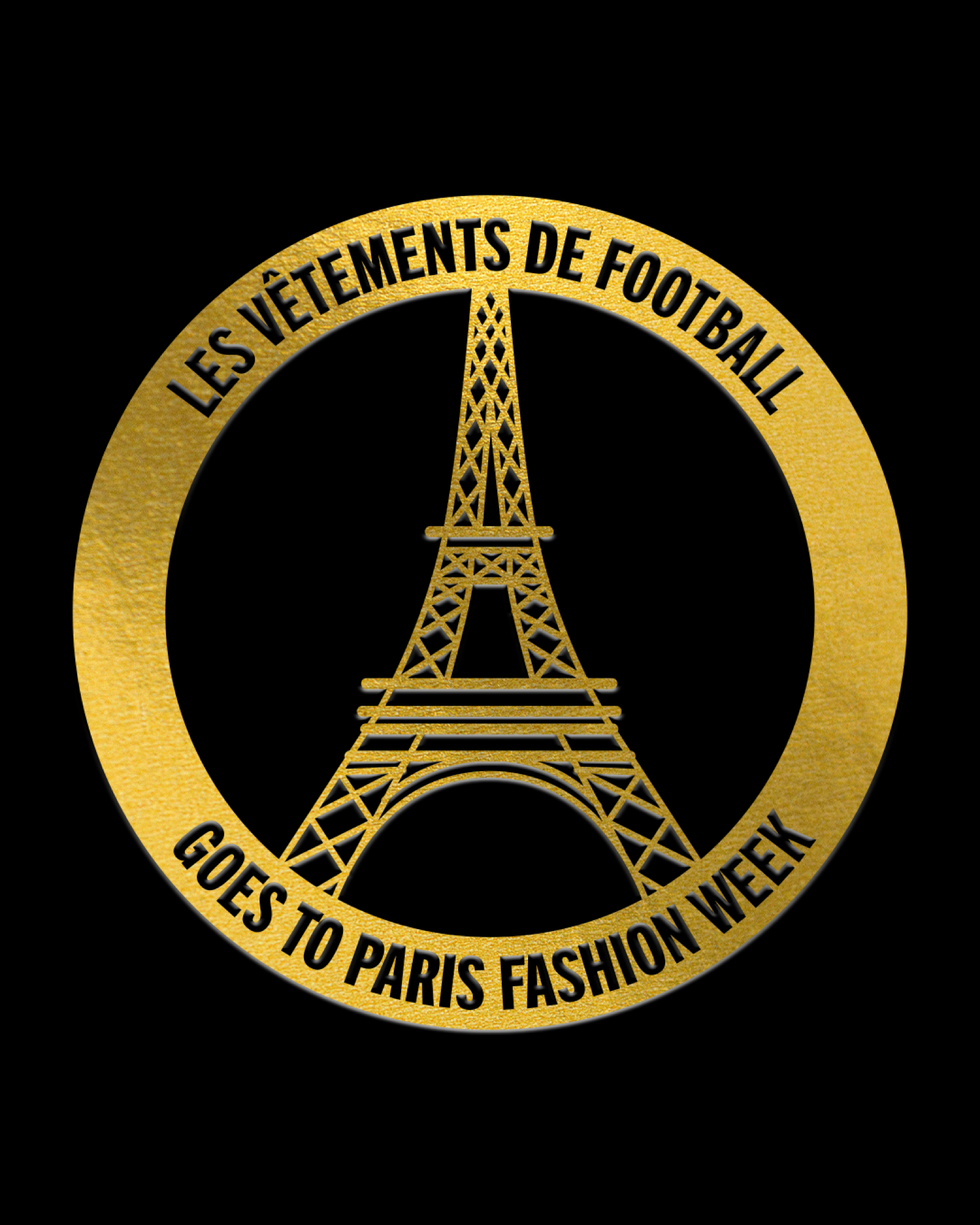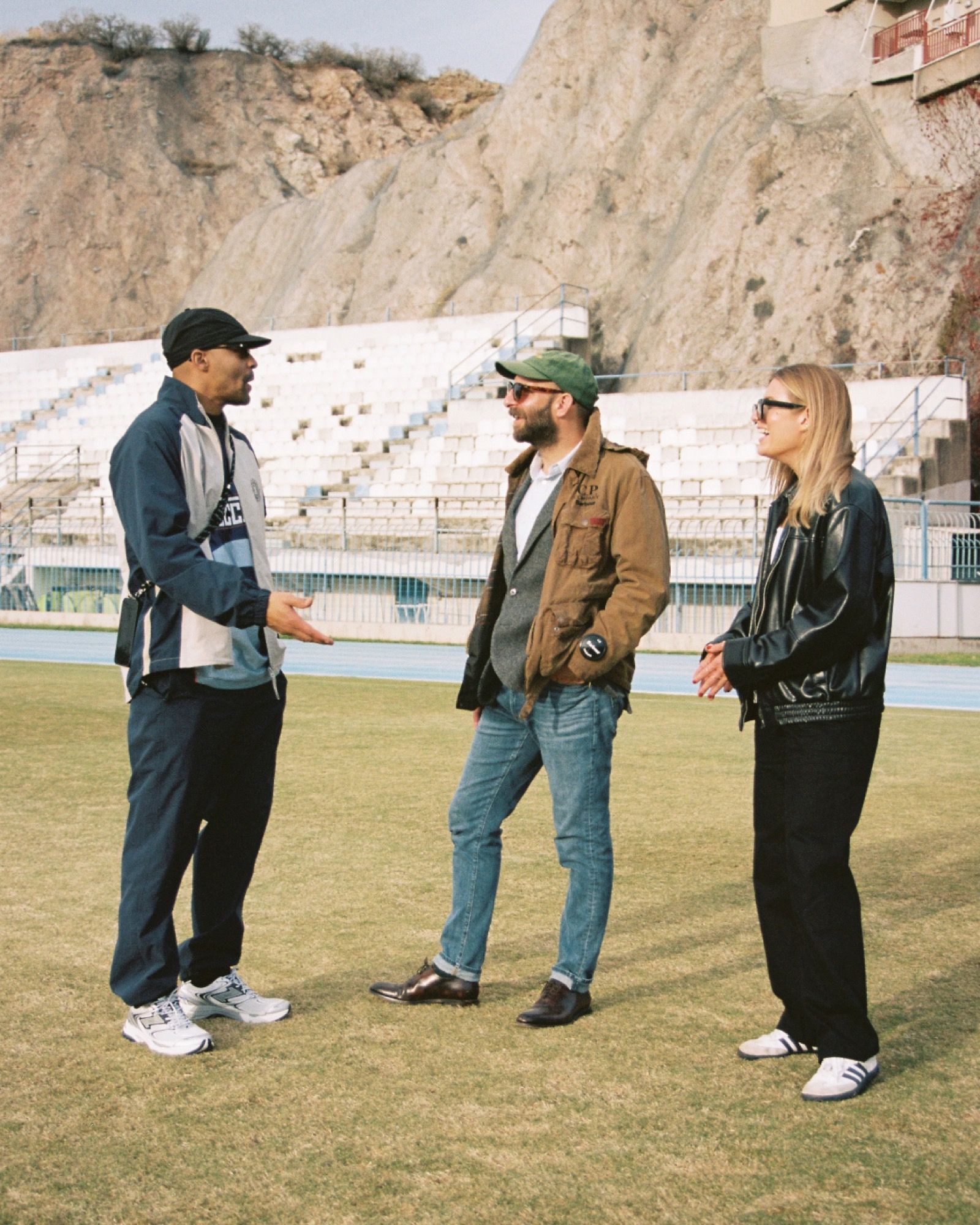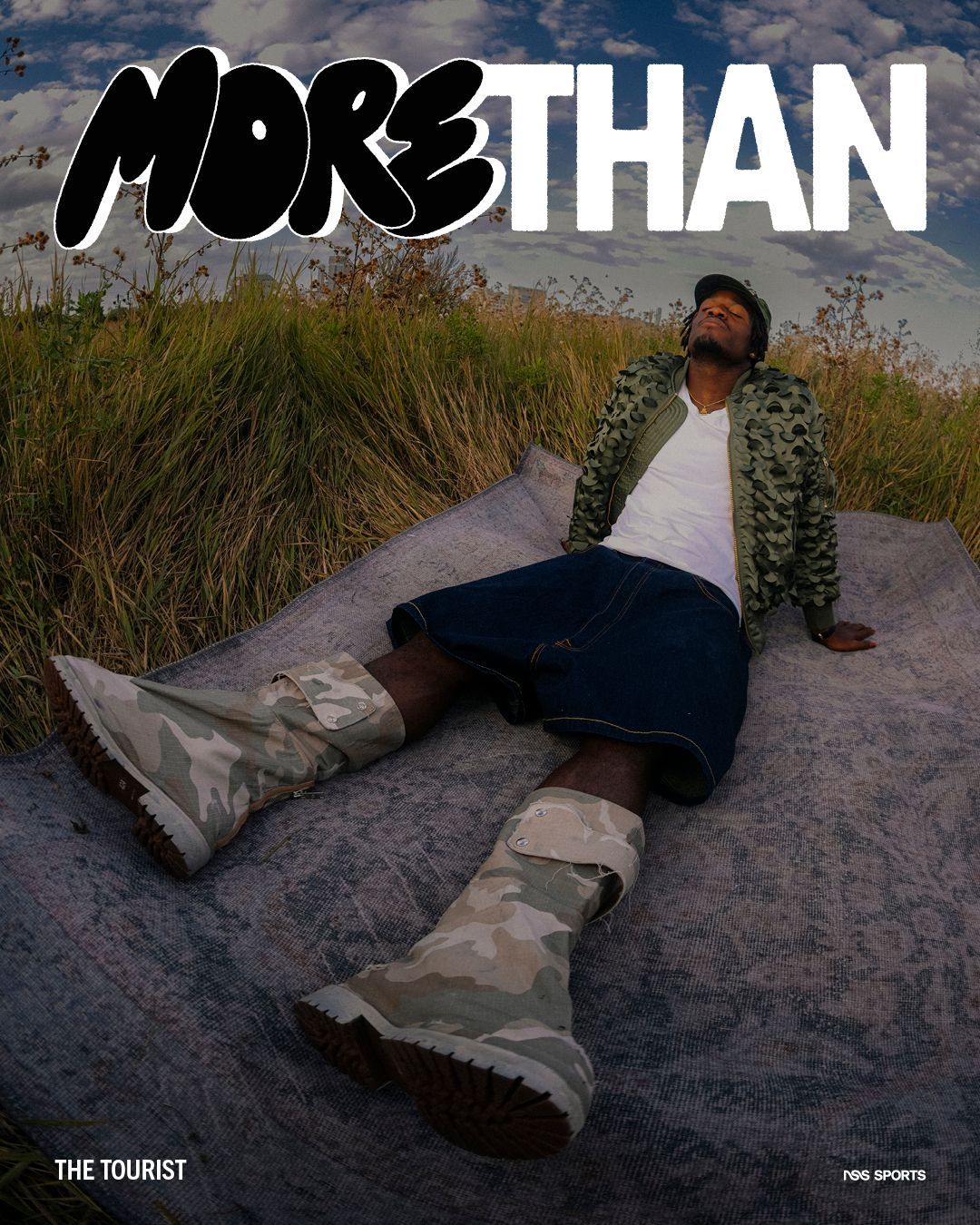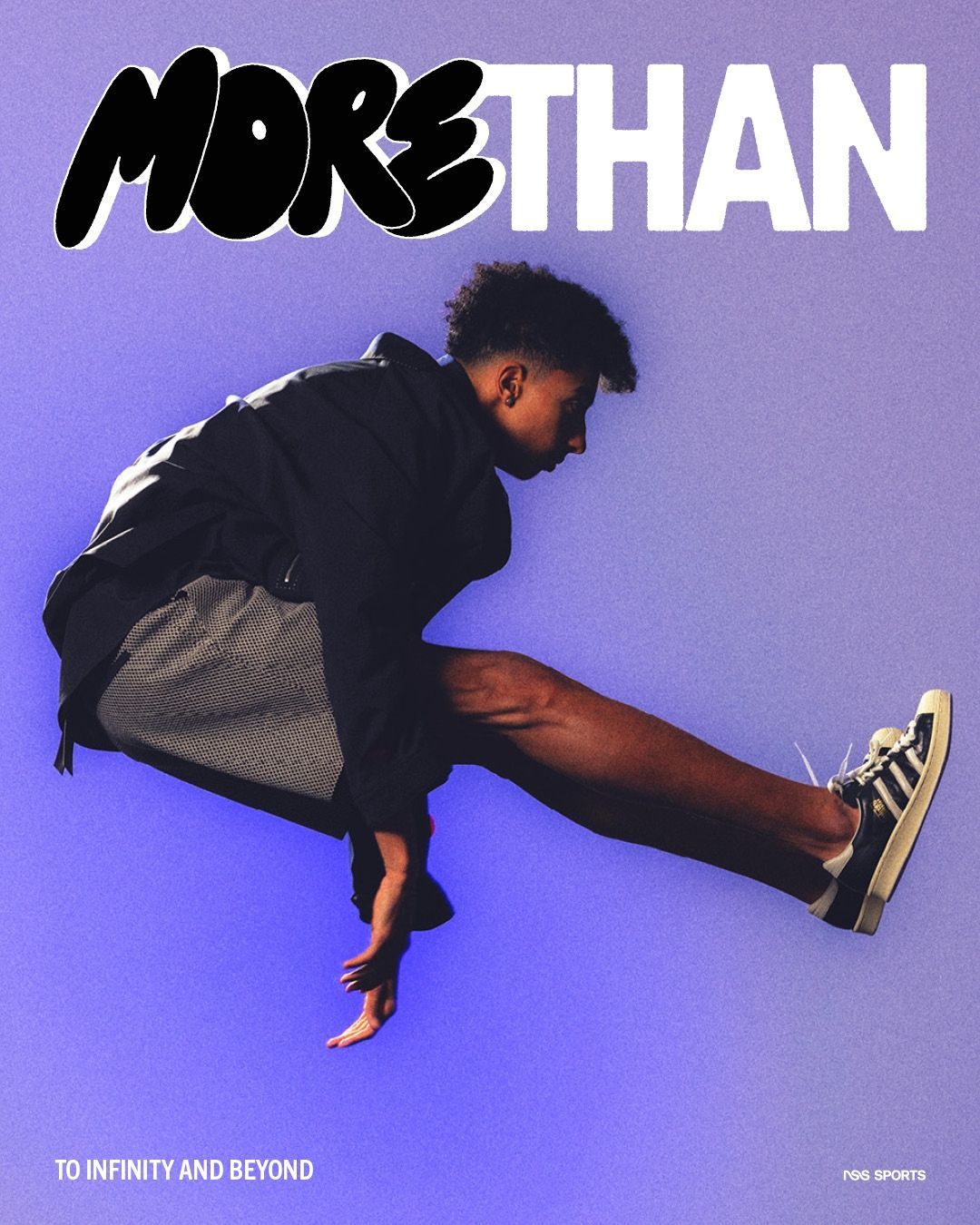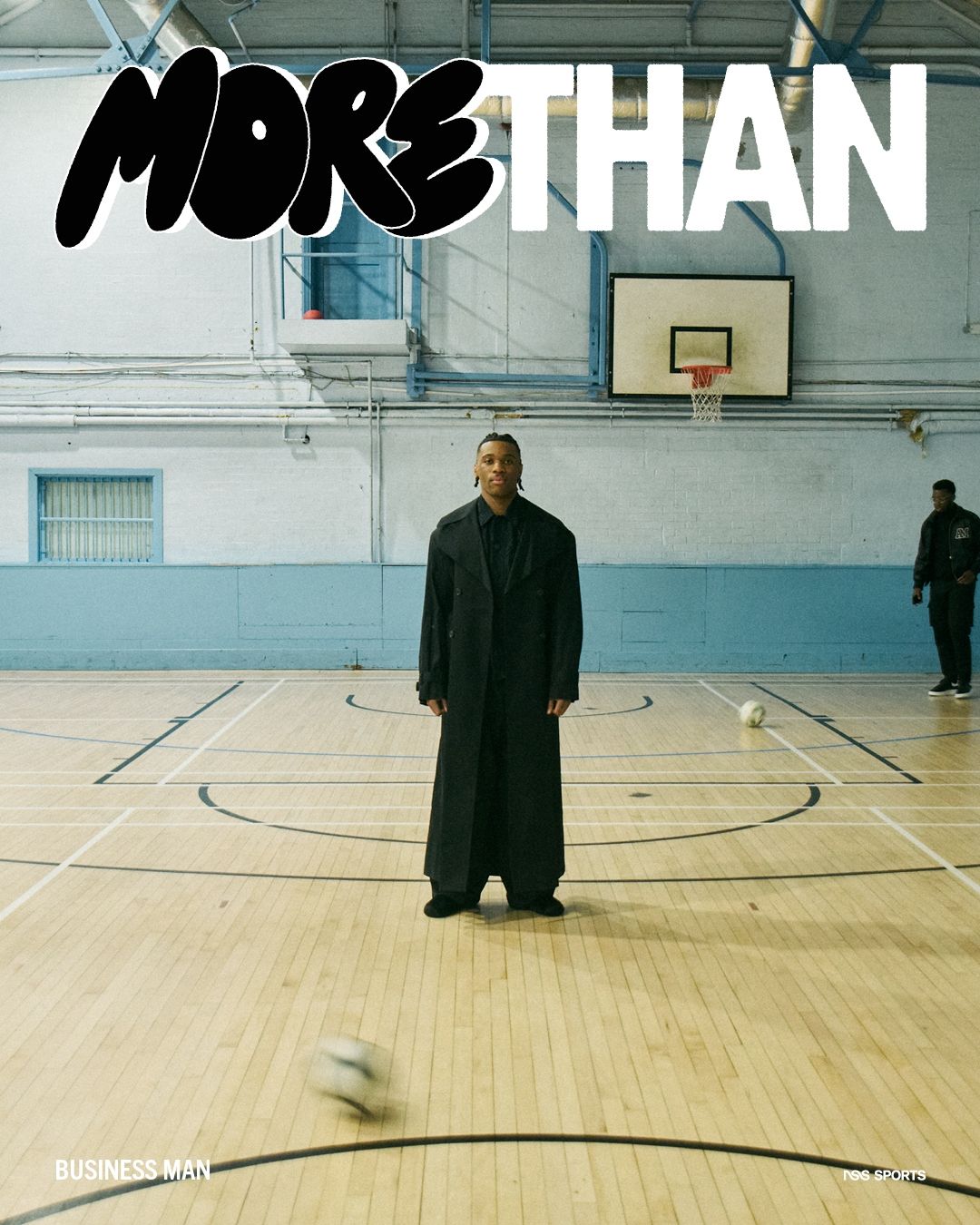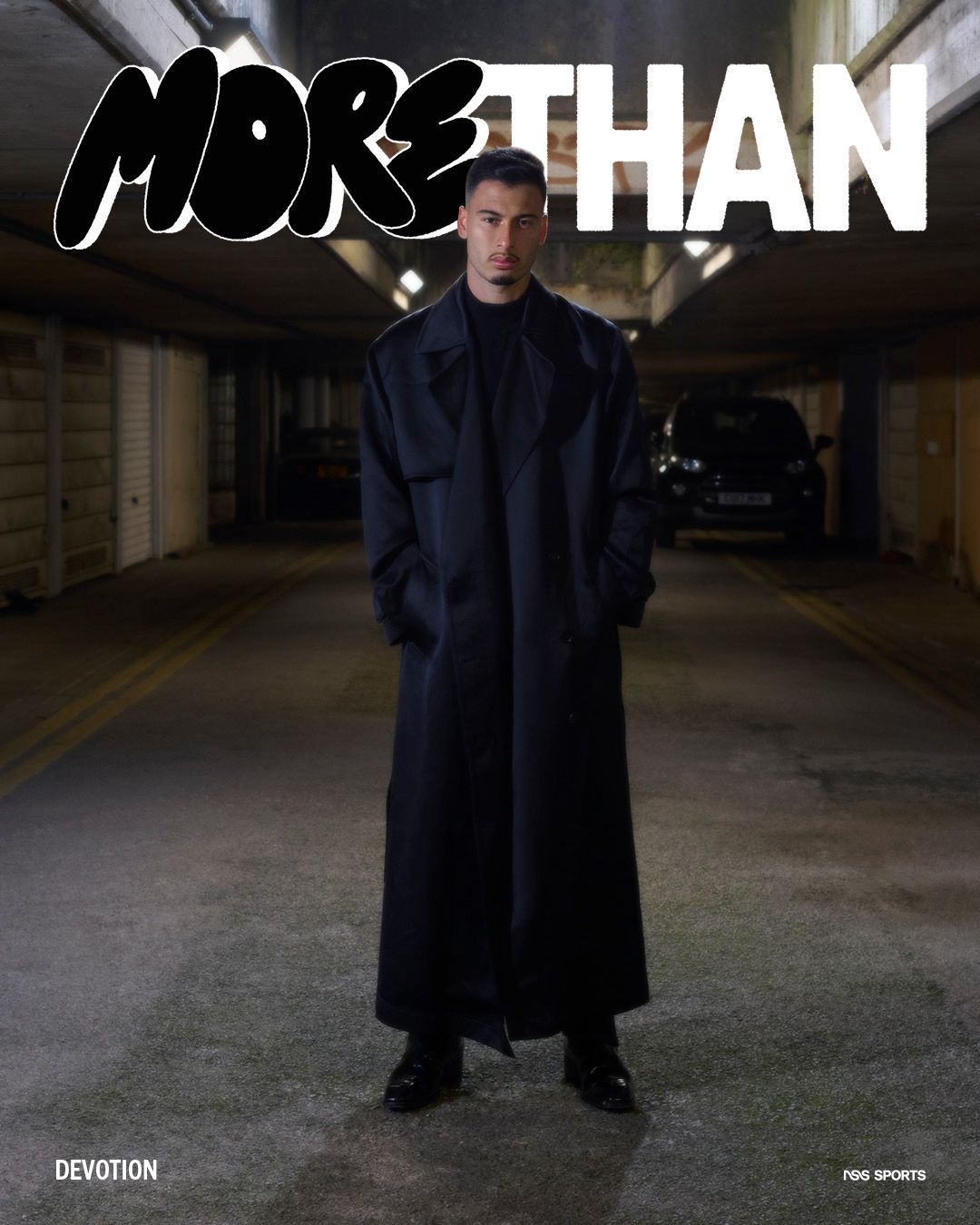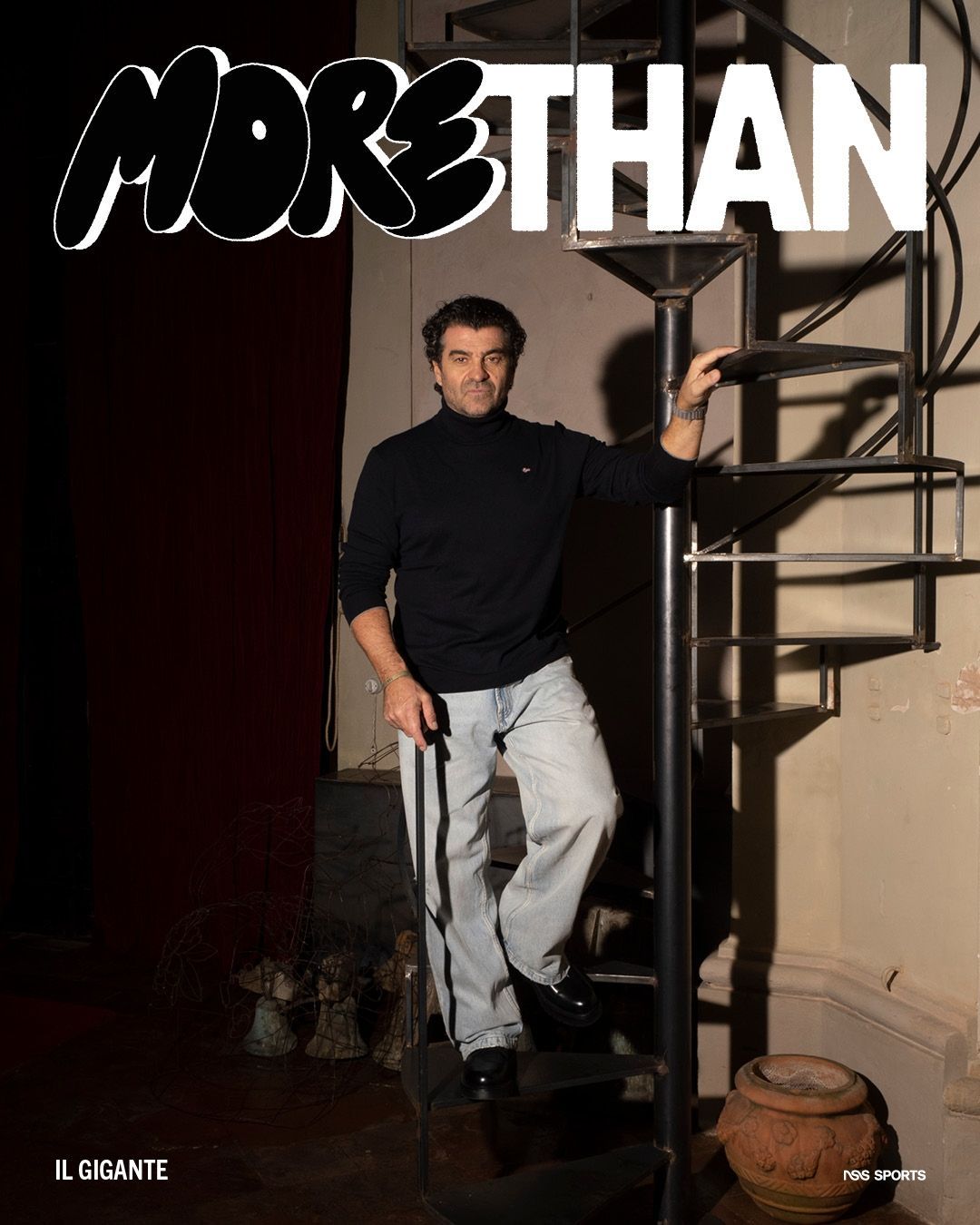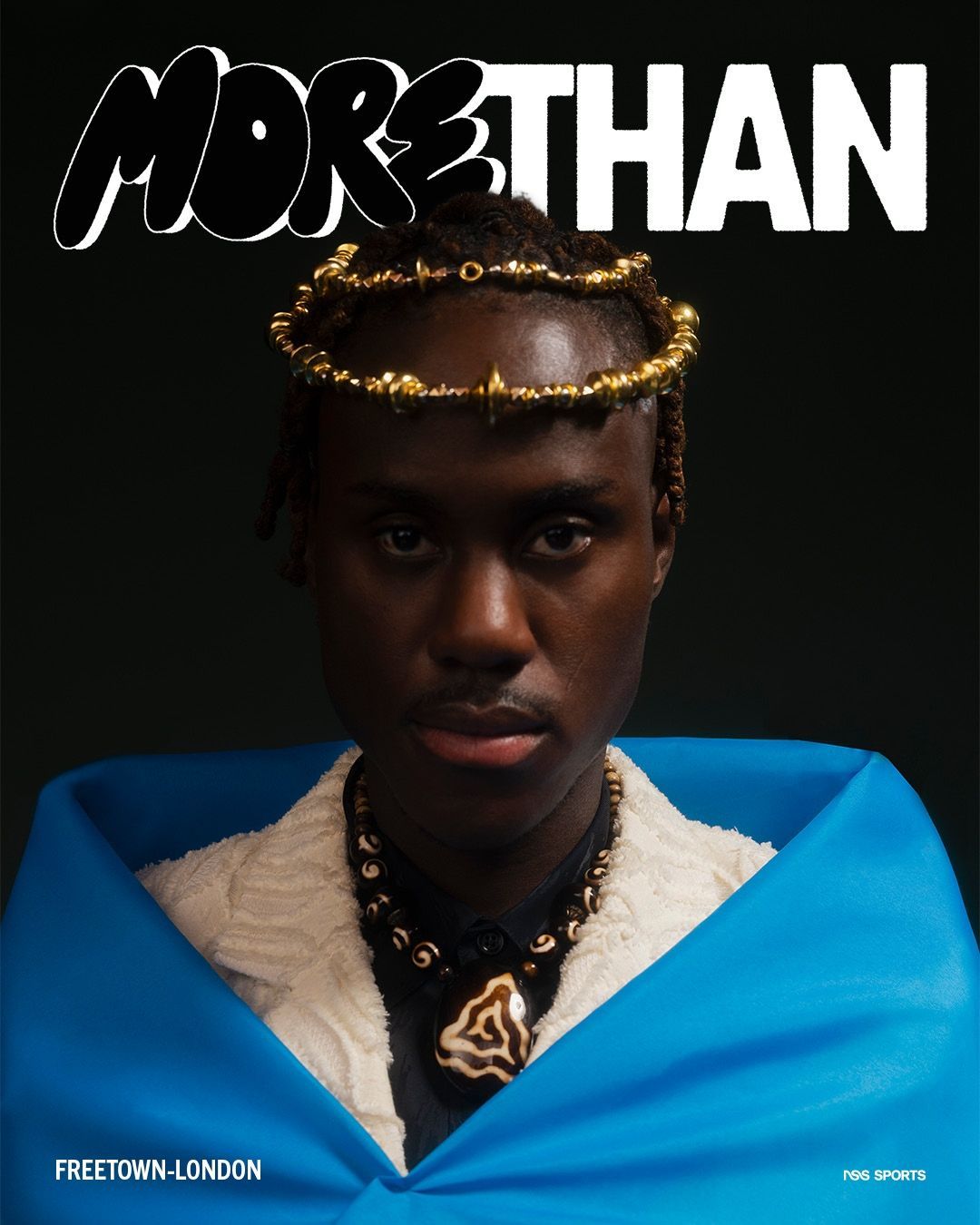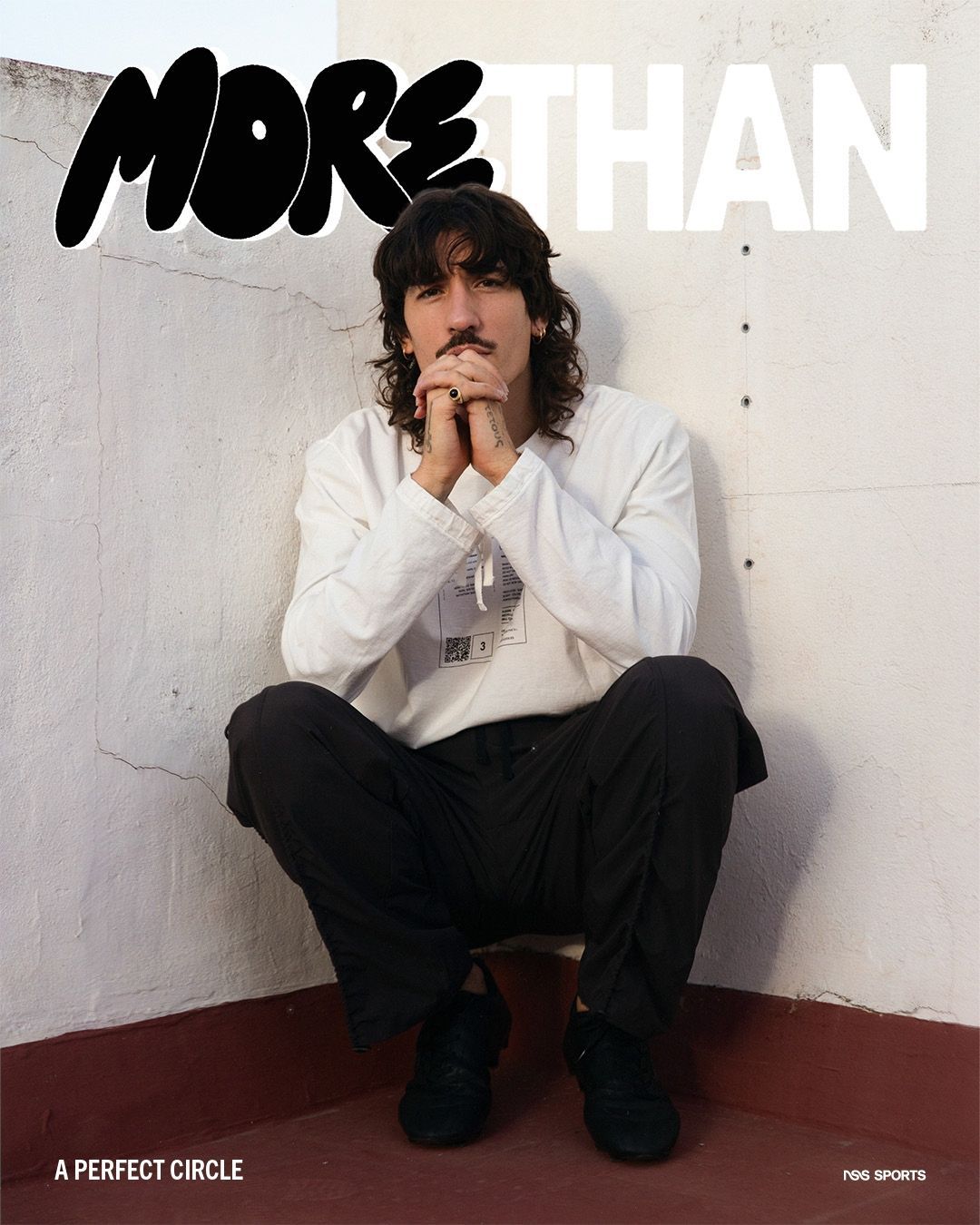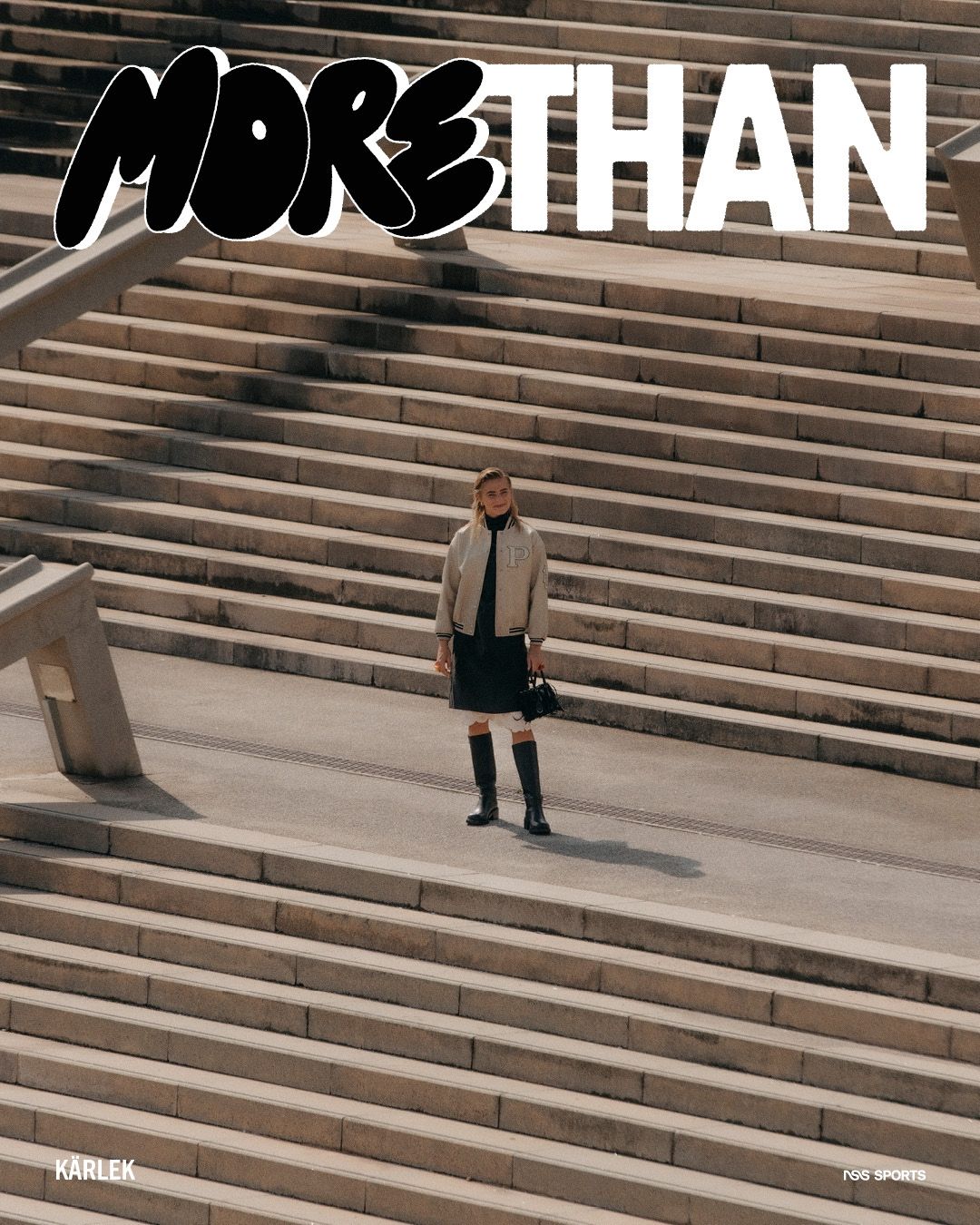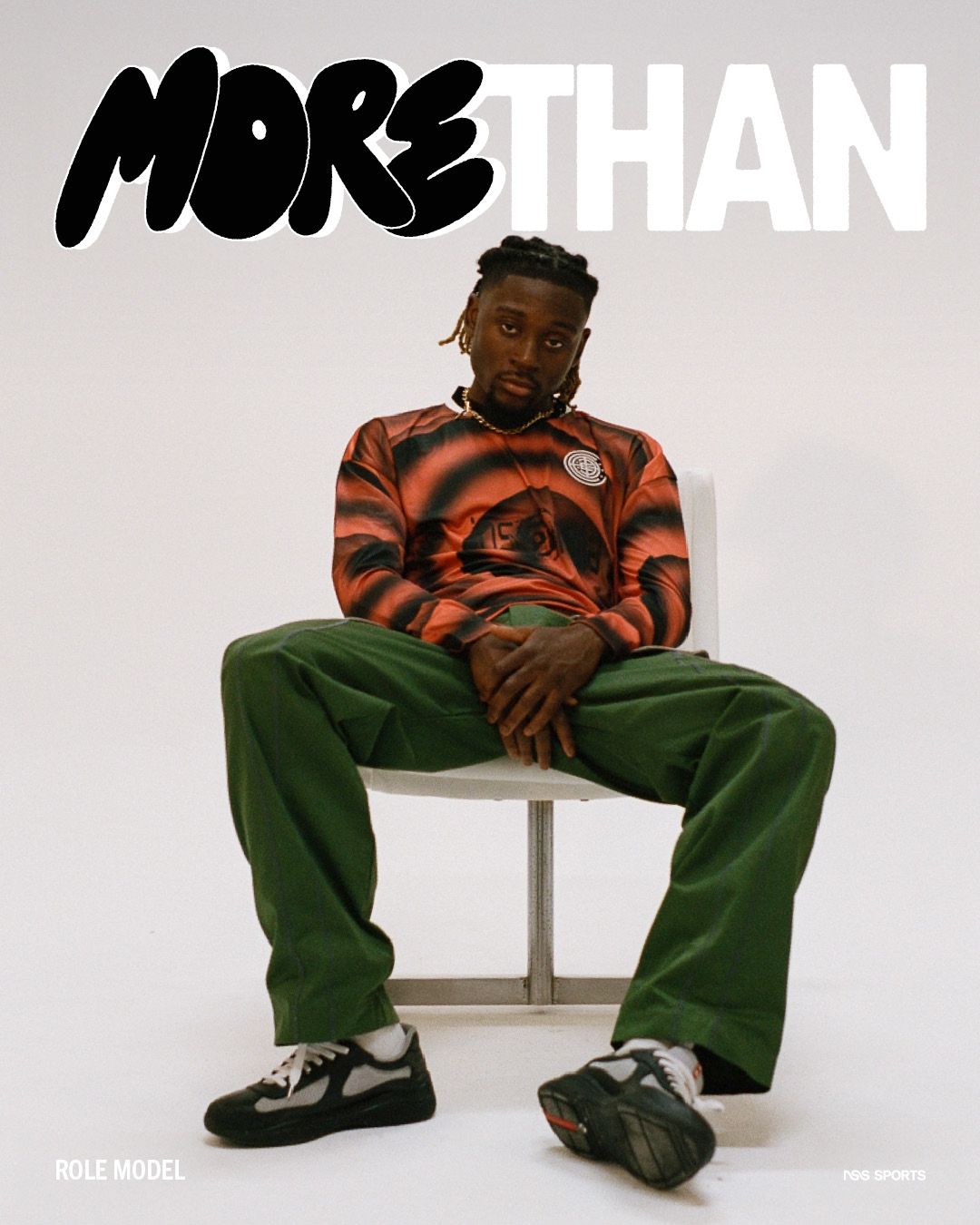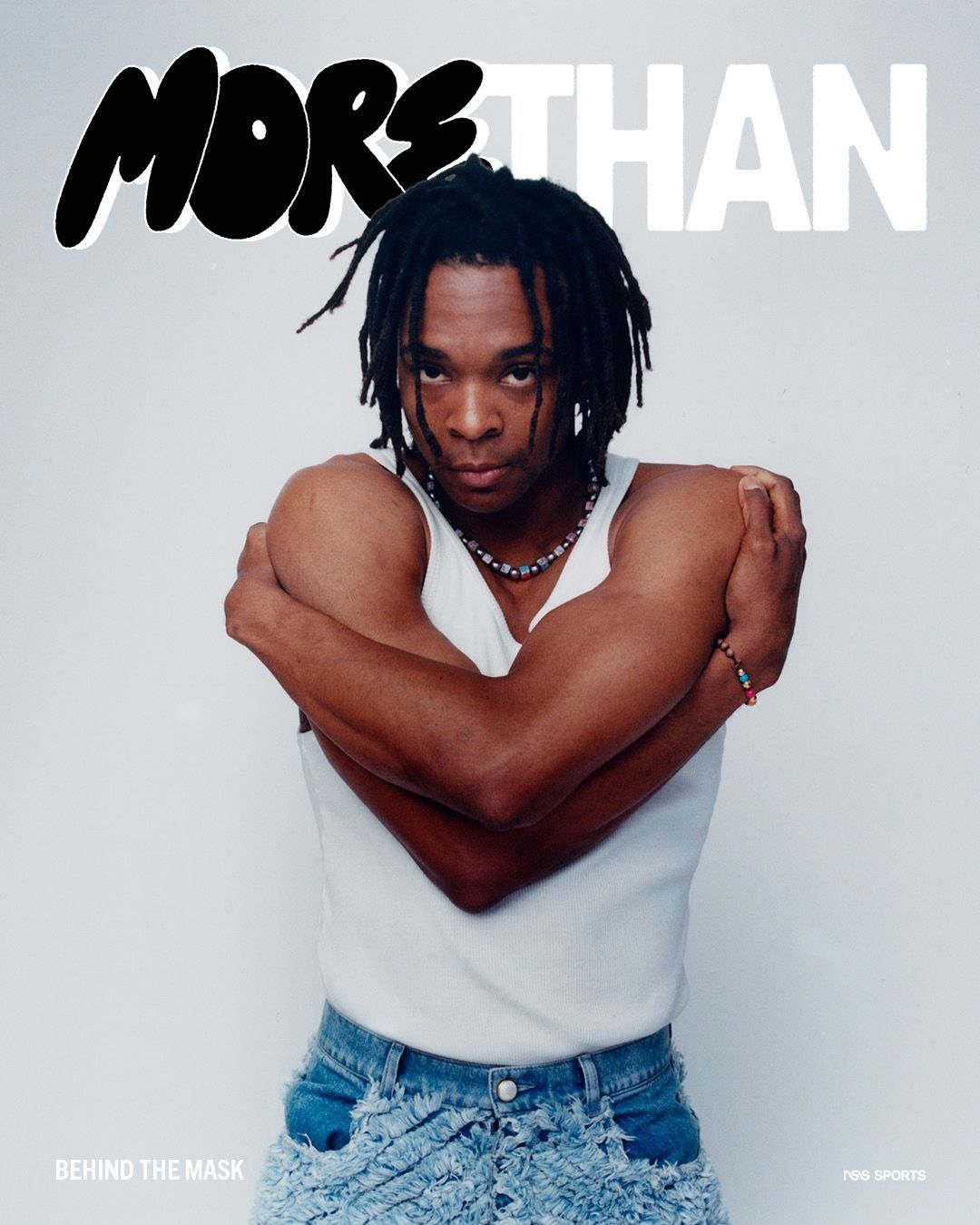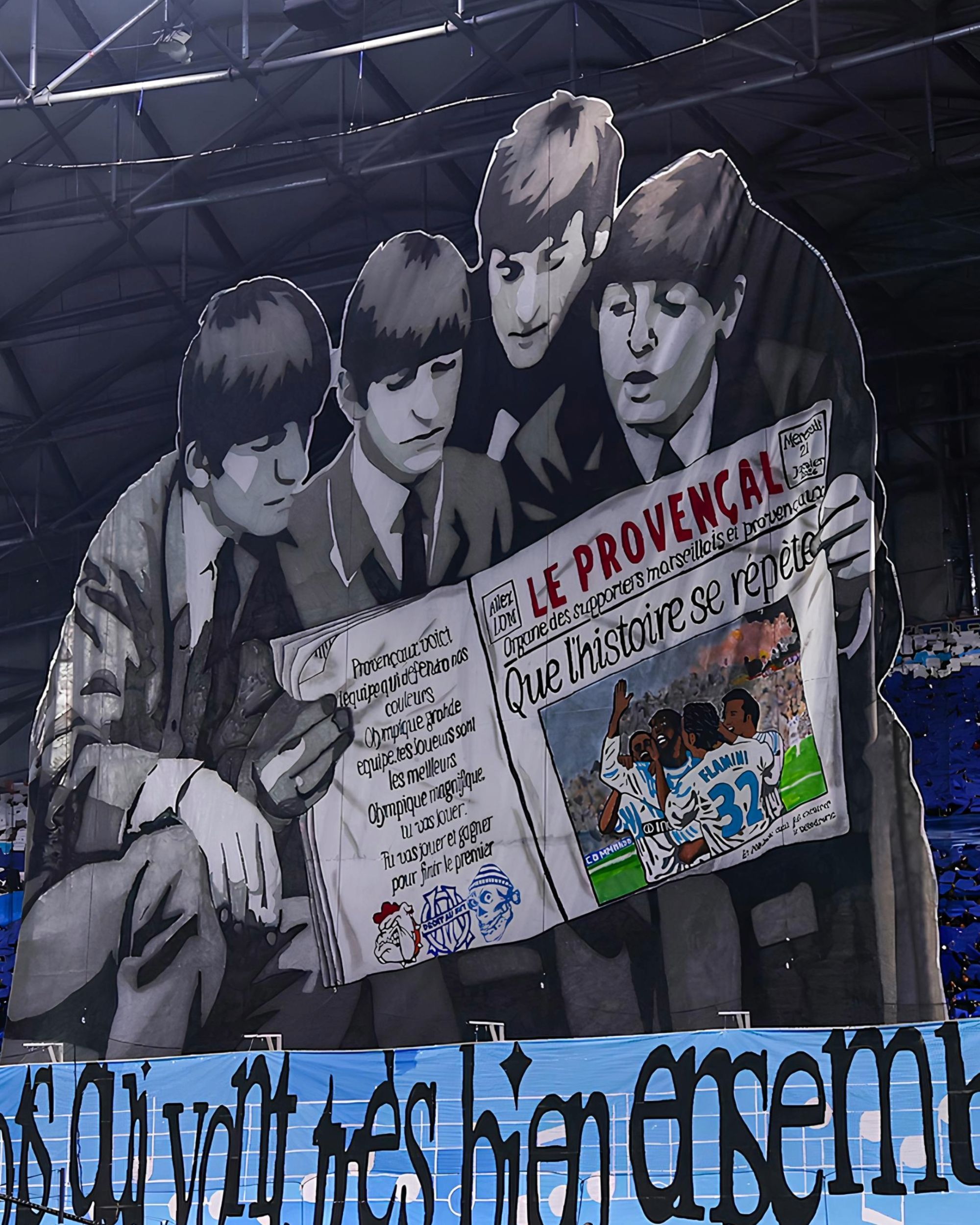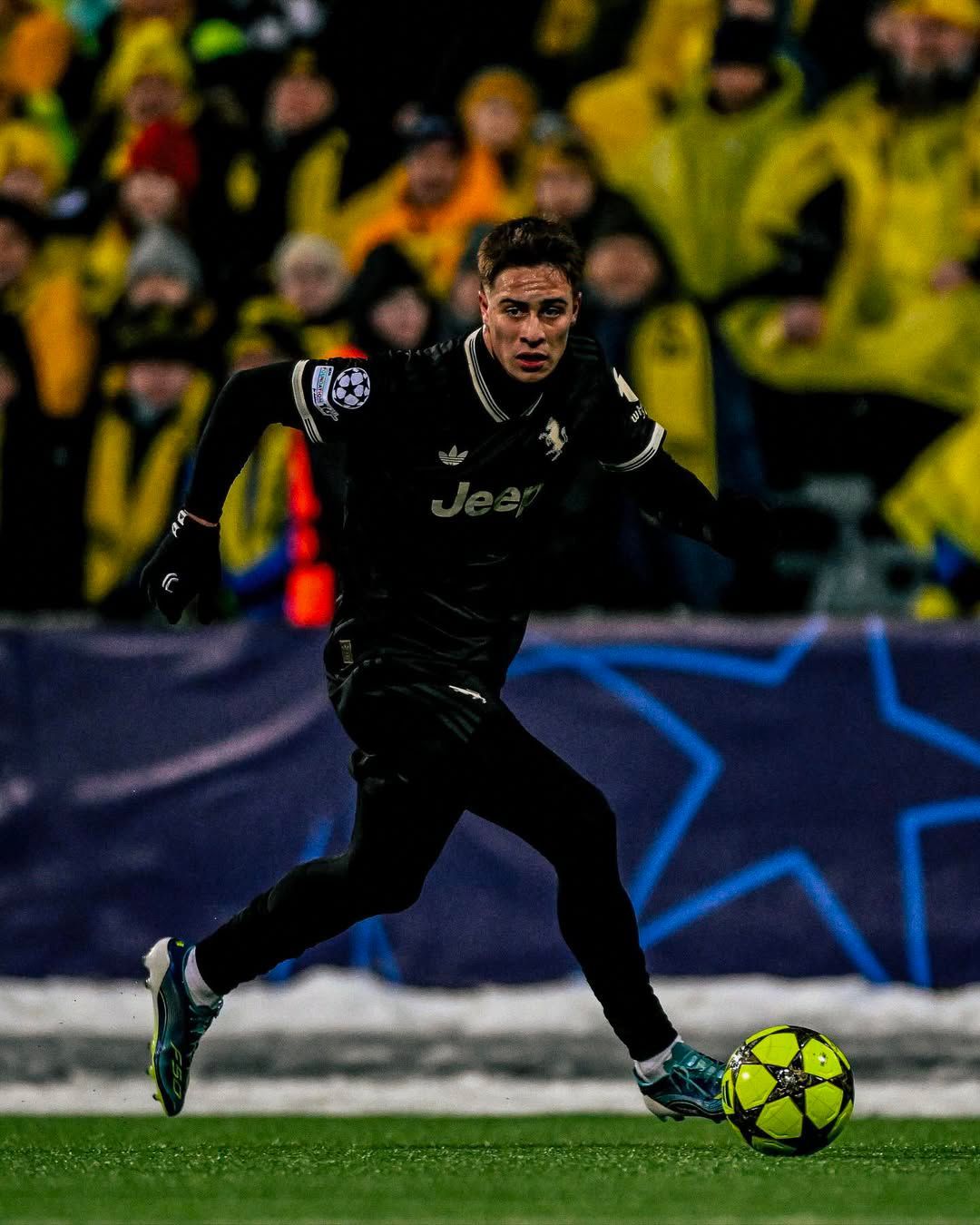
The Club World Cup aims to become the new SuperBowl Football will meet the halftime shows
The 2025 edition of the Champions League final also kicked off with a musical performance. And once again, as in almost every previous edition, the show received little acclaim. After Camila Cabello (Paris 2022), Anitta & Burna Boy (Istanbul 2023), and Lenny Kravitz (London 2024), this year the stage belonged to Linkin Park, who performed on the field of Munich's Allianz Arena just before the match between Inter and Paris Saint-Germain. The performance featured vocals by Emily Armstrong accompanied by a virtual reconstruction of former frontman Chester Bennington’s voice, with the usual Kick Off Show setup by Pepsi, including lights, choreography, and a dance troupe.
The Californian band delivered the usual condensed setlist expected at such events: a couple of iconic hits mixed with more recent tracks, a few minutes of frantic rhythm, and done. With the teams ready to emerge from the tunnel and the field needing to be cleared as quickly as possible, it was a now-routine scene for the Champions League final. The first experiment dates back to 2016 with Alicia Keys, followed by Black Eyed Peas, Dua Lipa, and Imagine Dragons. Since 2021, the event has become fully institutionalized through a partnership between UEFA and Roc Nation, the New York-based agency and record label founded by Jay-Z. Over time, the show has become a familiar presence—but one that never quite feels at home in this environment, nor particularly welcome. If anything, the only constant has been the cold reception.
European Resistance
“Trash,” commented Marco Van Basten, the legendary former player for Milan and Ajax and former FIFA executive, without mincing words. “Absolute trash, and it's a disgrace that UEFA allows this kind of thing.” More reserved but no less pointed was the reaction from Gary Lineker: “UEFA tried again with the pre-match show, but this isn't the Super Bowl.” His words reflect a widely shared sentiment across the continent, and perhaps the reason why Champions League final performances always seem off-key. And clearly, beyond personal preferences and the fact that the last two choices weren’t particularly modern (Lenny Kravitz and Linkin Park), the real issue isn’t who performs on stage.
An editorial published last week in The Guardian rightly shifted the focus to the context: “it felt like a confused attempt to mix pop nostalgia and artificial sentimentality,” wrote Jonathan Liew, “but whatever it was, it doesn’t work in football. UEFA continues to push an American-style format before the most important game of the year, hoping to broaden its global appeal, but football fans never asked for this.”
Indeed, even among viewers, few seemed the pre-match show. A product that—just as Lineker said and thousands of social media users echoed—continues to feel too American. That is, too far removed from local tastes and habits, and unpalatable to many who struggle with the growing influence of overseas entertainment models in sports.
The Club World Cup
This discussion is likely to remain relevant with two major upcoming FIFA events: the 2025 Club World Cup, kicking off in the coming days, and the 2026 World Cup for national teams. The United States will host both, and predictably the off-field experience will be shaped by different logics than those we're used to—perhaps more in line with, for instance, the NFL Super Bowl (American football) or other platforms like the NBA All-Star Game (basketball), the World Series (MLB, baseball), and the Winter Classic (NHL, hockey).
According to FIFA itself, the Club World Cup will offer a first glimpse of this shift. The organizing committee confirmed to ESPN that “the introduction of performance segments” is being considered to enhance the fan experience. That means: halftime shows during the tournament's final stages: for the final scheduled for 13 July at MetLife Stadium, a performance with J Balvin, Doja Cat and Tems curated by Chris Martin was made official. This means breaking a tradition that has held firm in Europe, plus side events for major matches and partnerships with entertainment giants like Live Nation and Roc Nation. A wide range of activations designed for TV timing and aimed at ever-broader audiences—and above all, a major test in anticipation of summer 2026, when national teams from around the world will travel across the United States, Canada, and Mexico.
Although the strategy and direction are clear, it remains to be seen whether this will truly resonate with football's global audience, most of whom are European fans not particularly receptive to this kind of showmanship. Reactions within UEFA have been quite cold so far, but that could change in the coming months, with the U.S. playing on home turf and setting the rules while European audiences watch from afar. This could present an opportunity for convergence — or further divergence — between two very different sporting and cultural models.




